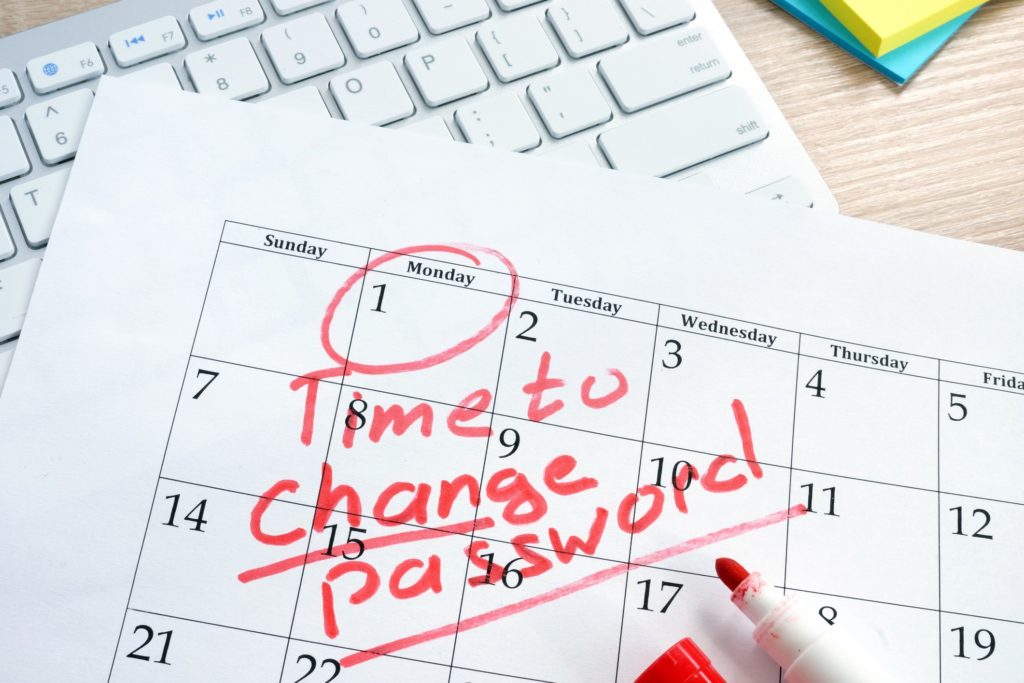
Ah, the joy of choosing a new login. Where once “password1” was acceptable in the early days of computer security, things have become more complicated. Naturally, this leads to a little frustration as every website has its own standards for security.
Some only demand that you use a simple phrase with a mix of numbers. Others, a capital letter for good measure. A few will request a jumble of letters, upper case, numbers, and special characters. While on its own this doesn’t sound like a big deal, once you have multiple passwords for different websites, things get tricky.
So, when selecting a new password, we have some tips which will help you choose a password that is both effective and easy to remember.
1 – Imagination
The biggest hurdle anyone faces with various, complex passwords is memorization. To make it easier, draw from things you know or like.
How so? Well, what about your favorite series of books, movies, and music? Let’s say you take the last five albums from your favorite artist. You could take the first two letters from each album title and then combine them. You could put a number after each album corresponding to newest to oldest. Now, you’re drawing from something you know, which immediately creates a complex phrase.
2 – Special Characters
Thinking of a special character to use can be bothersome. But, to remember which one you use, try imagining even and odd. In other words, use an even number for your password, and then an “odd” special character (since they correspond to numbers). Example: our even number is 2, our “odd” character is # (3).
3 – No Names
Do not use names, phrases, or places unmodified. The reason being “hackers” tend to sift through publicly available information. You know, like social media, which is a giant red target with bundles of valuable info.
It’s also because malicious third-parties employ programs which automatically run millions of login-attempts to guess at a password, all with potential logins to try. This explains why you typically get locked out after a couple of unsuccessful login attempt.
4 – Long Logins
Yes, having passwords dashing past the eight-character mark is only a good thing. The more variables, the harder it is to guess.
For memorization, try giving your password a flow. Think of a sentence. Example: Joe really likes to eat apples.
Now, in password form, we can do all sorts of things: eojrel1k23at
That’s lengthy and complicated. Can you see what we did? Joe is backward, really was truncated to “re,” “like” became 1 and k (because lowercase l looks like 1) and eat became “3at.”
We didn’t even add capital letters and we got a nice long password, from a sentence that’s easy to remember.
5 – Use What You Know
If it wasn’t obvious, the trick to complicated passwords is thinking about what you know. A sentence, a story, the name of a family member, etc. That way, when you’re wondering “what the heck did I put for this login,” you can recall it far easier.
Cybersecurity – especially with passwords – is no joke. Websites are compromised constantly allowing hackers to go after your data all the time. Having a complex login is one of the key steps in protecting yourself.
